Objective C does not have availability checking as part of the language, as the same result is available via Objective C preprocessor.
That is the "traditional" way of doing that in C derived languages.
Want to know if compiled in debug mode?
#ifdef DEBUG
// code which will be inserted only if compiled in debug mode
#endif
Want to check at compile time for a minimum version?
Use the Availability.h header in iOS, and similar headers for Mac OS X.
This file reside in the /usr/include directory.
just test __IPHONE_OS_VERSION_MAX_ALLOWED with the preprocessor, e.g.:
#if __IPHONE_OS_VERSION_MAX_ALLOWED >= 80000
if ([application respondsToSelector:@selector(registerUserNotificationSettings:)]) {
[[UIApplication sharedApplication] registerUserNotificationSettings:[UIUserNotificationSettings settingsForTypes:(UIUserNotificationTypeBadge|UIUserNotificationTypeSound|UIUserNotificationTypeAlert) categories:nil]];
}else{
[[UIApplication sharedApplication] registerForRemoteNotificationTypes: (UIUserNotificationTypeBadge|UIUserNotificationTypeSound|UIUserNotificationTypeAlert)];
}
#else
[[UIApplication sharedApplication] registerUserNotificationSettings: (UIUserNotificationTypeBadge|UIUserNotificationTypeSound|UIUserNotificationTypeAlert)];
#endif
As Swift does not have a preprocessor, they had to invent a way of doing these kind of checks within the language itself.
If you want to check availability of a method at runtime, please notice that the appropriate way is by using the method respondsToSelector:, or instancesRespondToSelector: (the latter at class level).
You will normally want to combine both approaches, compile time conditional compilation and runtime check.
Objective C method presence verification, e.g. at class level:
if ([UIImagePickerController instancesRespondToSelector:
@selector (availableCaptureModesForCameraDevice:)]) {
// Method is available for use.
// Your code can check if video capture is available and,
// if it is, offer that option.
} else {
// Method is not available.
// Alternate code to use only still image capture.
}
If you want to test if a C function exists at runtime, it is even simpler: if it exists, the function itself it is not null.
You can't use the same identical approach in both languages.

